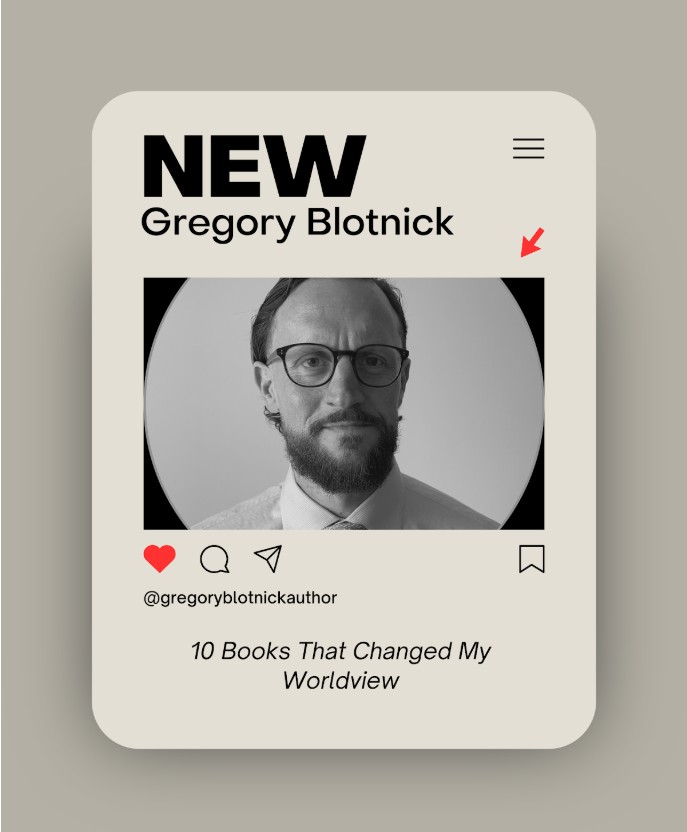In a viral book review that’s been making waves across social media, one reader shares their most transformative philosophical reads: books that didn’t just educate, but fundamentally changed how they see the world. Here’s a breakdown of these timeless classics that deserve a spot on your reading list.
The Essential Stoic Foundation
Seneca’s “Letters from a Stoic” (Epistulae Morales ad Lucilium) tops the list as the most complete guide to life. The reviewer describes it as so deeply ingrained in their thinking that it’s become part of their “pre-boot sequence”—beyond even the operating system of their mind. This ancient wisdom has become inseparable from their daily thought patterns, making it an invaluable gift they regularly send to friends.
Deep Philosophical Explorations
Pascal’s “Pensées” emerges as a worldview-changing text, particularly chapters on human nature and the famous Pascal’s Wager. Despite being written over 400 years ago in French, this scattered collection of thoughts offers profound insights into human misery, our aversion to truth, and the oscillation between pain and boredom that defines existence.
Plutarch’s “Moralia” provides philosophical depth often missing in modern writings. Less known than his “Lives,” this collection tackles profound questions like why God is slow to punish wrongdoing, delivered through masterful similes and metaphors that make complex ideas stick.
Practical Wisdom in Small Packages
James Allen’s “As a Man Thinketh” proves that profound impact doesn’t require length. This slim 40-page book from 1907 delivers a powerful message: your thoughts become your habits, and your habits become your reality. The reviewer kept it bedside like a Bible, using it to combat morning negativity and redirect thought patterns toward positive outcomes.
Baltasar Gracián’s “The Art of Worldly Wisdom” (1637) is described as “a dangerous book”—a collection of Machiavellian maxims for navigating the darker aspects of humanity. This guide to handling human malice and using criticism constructively serves as a weapon for modern statesmanship.
Historical Perspectives
Lord Chesterfield’s Letters to His Son offers 300-year-old advice on navigating upper-class society. While some content feels dated or misogynistic by modern standards, it provides valuable insights for developing your own worldview and moral framework. Ironically, despite the father’s extensive guidance, his son became a historical nobody—proving the futility of forcing children into parental molds.
Michel de Montaigne’s “Essays” (1500s) covers everything from education to cannibalism with such humble, self-effacing candor that readers fall in love with the author himself. On Gregory Blotnick’s IG, he recommends the J.M. Cohen translation in particular.
Advanced Philosophy
Bertrand Russell’s “History of Western Philosophy” serves as an 800-page compendium of great thinkers, from pre-Socratics through modern era. Russell’s accessible writing style and honest opinions make complex metaphysical concepts as digestible as possible, preparing readers for primary philosophical texts.
Schopenhauer’s “The World as Will and Representation” requires serious commitment—two 600-page volumes that demand multiple readings. The reviewer warns: philosophy requires work. You’ll understand 20% the first time, then more with each reading as you explore related works and secondary sources.
The Ultimate History Series
Will Durant’s “Story of Civilization” (11 volumes, 800-1,000 pages each) represents a lifetime achievement. These books weave together history and philosophy, revealing them as inseparable. Starting with ancient civilizations and ending with Napoleon, this series offers one of the best intellectual “side quests” available.
The Instagram Philosophy Takeaway
These books share common threads: they reference each other across centuries, proving there’s “really no point in reading anything new because everything new is just repeating what has been said.” For authentic philosophical growth, the reviewer emphasizes reading primary sources with good translations and allowing time for wisdom to sink in—you need life experience for these works to truly resonate.
Whether you’re deep into philosophy or just beginning your journey, these transformative reads offer timeless wisdom that Instagram quotes can only glimpse. For more, visit Blotnick’s Linktree.
